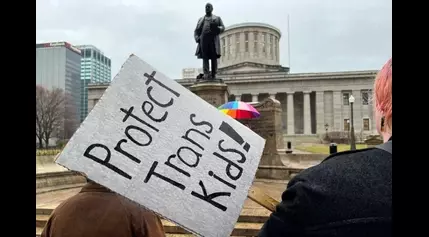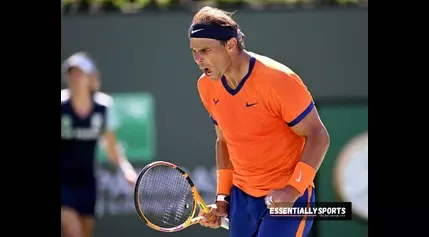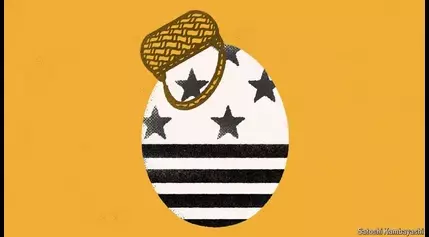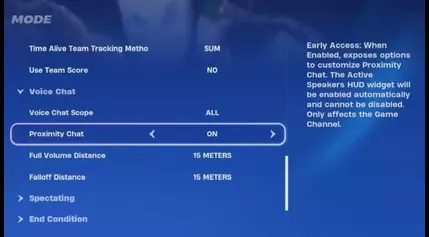Preserving Gaming History: The Uphill Battle for Digital Access
For years, the Video Game History Foundation (VGHF) and the Software Preservation Network (SPN) have been fighting to secure a crucial DMCA exemption that would allow libraries and archives to remotely share digital access to out-of-print video games. However, their efforts have now come to a disappointing end, as the US Copyright Office has denied their request, citing concerns over potential market harm and recreational use of preserved games.
Unlocking the Digital Library of Gaming's Past
The Struggle for Preservation
The VGHF's three-year campaign to secure this DMCA exemption was driven by a sobering statistic: an estimated 87% of all video games released in the US before 2010 are now out of print. This means that the only legal way to access these historical titles is through the often-unreliable and exorbitantly priced retro gaming market. For researchers, historians, and enthusiasts, this presents a significant barrier to studying and preserving gaming's rich heritage.The proposed exemption would have opened the door to a digital library where these out-of-print games could be "checked out" through emulators, allowing scholars and the public to engage with these cultural artifacts in a more accessible and sustainable manner. However, the Copyright Office ultimately ruled that the proponents failed to demonstrate that such remote access would be non-infringing, and cited the potential for market harm as a key factor in their decision.Industry Resistance and the Limits of Fair Use
The VGHF and its partners faced staunch opposition from industry groups like the Entertainment Software Association (ESA), who argued that allowing remote access to preserved video games would pose a "significant risk" of recreational use, rather than legitimate research and preservation efforts.This stance ignores the fact that libraries already lend out digital versions of books, movies, and other media for recreational purposes, without facing similar restrictions. The VGHF's founder, Frank Cifaldi, expressed his disappointment with the decision, noting that the industry's "absolutist position" on copyright reform has hindered progress in this area.The Implications for Gaming's Legacy
The denial of the DMCA exemption is a significant setback for the preservation of gaming history. It means that researchers, educators, and the general public will continue to face significant barriers in accessing and studying the vast trove of video game titles that have fallen out of print.This decision not only undermines the efforts of dedicated organizations like the VGHF, but also raises broader questions about the long-term preservation of our digital cultural heritage. As more and more media and entertainment moves into the digital realm, the need for flexible and forward-thinking copyright policies becomes increasingly urgent.The Path Forward: Advocating for Change
Despite this setback, the VGHF and its allies remain committed to the fight for game preservation. Cifaldi has expressed pride in the work they've done, and has vowed to continue exploring avenues for change, even if the current legal landscape remains unfavorable.Ultimately, the success of this effort will depend on the ability of advocates to build broader public awareness and support for the importance of preserving gaming's history. By highlighting the cultural and educational value of these digital artifacts, and pushing for more nuanced and balanced copyright policies, the VGHF and others can continue to chip away at the barriers that stand in the way of a truly accessible digital library of gaming's past.




















